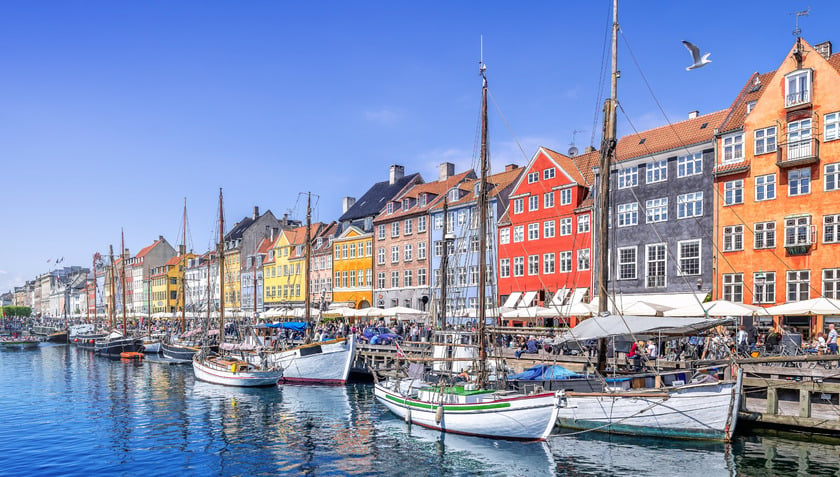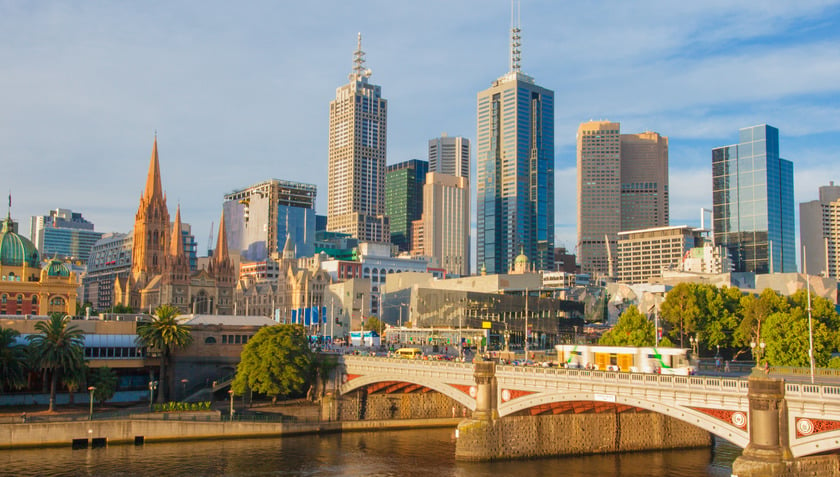The EIU has assessed 173 cities across the globe, based on a comprehensive set of indicators encompassing healthcare, education, political and social stability, infrastructure quality, and living environment. This multidimensional approach aims to provide insight into the quality of urban life on a global scale.
Copenhagen, Denmark, has officially claimed the title of "World's Most Liveable City" in the annual 2025 ranking by the Economist Intelligence Unit (EIU), a prestigious economic research arm of the global media conglomerate The Economist. This victory marks a significant milestone, as Copenhagen achieved a perfect score in key criteria such as stability, quality education, and superior infrastructure.

It's no coincidence that the Danes affectionately call their capital "Wonderful, Wonderful Copenhagen."

This city is a prime example of a livable urban area: safe, clean and green, with smart transportation infrastructure, world-class education, and especially a balance between modernity and a sustainable living environment.
Continuing to assert its position, Melbourne, Australia, maintained its fourth place ranking, while Geneva, Switzerland, secured fifth place on this prestigious list. Beyond the top five, other cities also recorded impressive progress or maintained strong performance. Sydney, Australia, made a spectacular leap, rising from seventh to sixth place overall. Osaka, Japan, and Auckland, New Zealand, tied for seventh, demonstrating sustainability and a high quality of life in the Asia-Pacific region. Notably, Adelaide became the third Australian city to enter the top 10, securing ninth place, and Vancouver, Canada, completed the top 10 at tenth place.

This year, three Australian cities continue to be in the top 10: Melbourne (ranked 4th) – Australia's largest cultural and educational center; Sydney (ranked 6th) – up two places from last year thanks to improvements in transport and healthcare; and Adelaide (ranked 9th).

Meanwhile, Osaka (Japan) and Auckland (New Zealand) tied for 7th place, both highly rated for public services and urban infrastructure.
The most notable highlight of this year's report is Vienna's decline in ranking. While maintaining high scores in most categories, the city's stability score has dropped significantly. According to the EIU, this is due to recent incidents, most notably the bomb threat at Taylor Swift's concert last summer, which led to the abrupt cancellation of the event, negatively impacting the stability index of a city known for its peacefulness.

Vienna's drop from the top spot came as a surprise to many. The city had maintained high scores in most categories, including healthcare, education, environment, and infrastructure.
Barsali Bhattacharyya, deputy director of the sector at EIU, emphasized in a statement: "Global livability levels remained unchanged over the past year, and just like in 2024, stability scores declined globally. Pressure on stability led to Vienna losing its position as the most livable city after three years of holding the top spot." This shows that even top cities are not immune to challenges to security and stability.
Vienna is not an isolated case. Calgary, Canada, which was ranked fifth in 2024, has dropped out of the top 10 and fallen to 18th place this year. The main reason cited is a lower healthcare score, similar to three other Canadian cities, reflecting increasing pressure on the country's healthcare system. Mr. Bhattacharyya also added that in 2024, stability scores declined for Western Europe, the Middle East, and North Africa, and this trend continues to spread to Asia in this year's ranking.

Three other major Canadian cities – Toronto, Calgary, and Ottawa – all dropped in the rankings due to healthcare shortages and long waiting times.
While many major cities face challenges, there are some noteworthy bright spots. Saudi Arabia's Al Khobar has made impressive progress, climbing 13 places from 148th to 135th. This improvement is the result of significant investments the Kingdom has made to enhance access to healthcare and education, under its "Vision 2030"—a strategic plan to diversify the economy and reduce reliance on oil. Indonesia's capital, Jakarta, also rose sharply, climbing 10 places from 142nd to 132nd, thanks to core improvements in stability within a developing region.
However, unsurprisingly, the rankings at the bottom of the list maintain a bleak picture. Damascus, Syria, remains ranked as the least livable place in the world, six months after the fall of former President Bashar al-Assad's regime, reflecting the ongoing instability and crisis. Tripoli, Libya, ranks second to last, while Dhaka, Bangladesh, is third from the bottom. Karachi, Pakistan, and Algiers, Algeria, are also among the five least livable cities, highlighting the persistent challenges to stability, infrastructure, and living conditions in these regions.

 VI
VI EN
EN


































